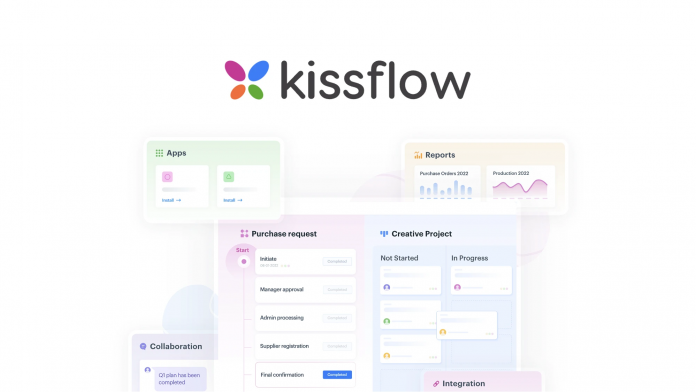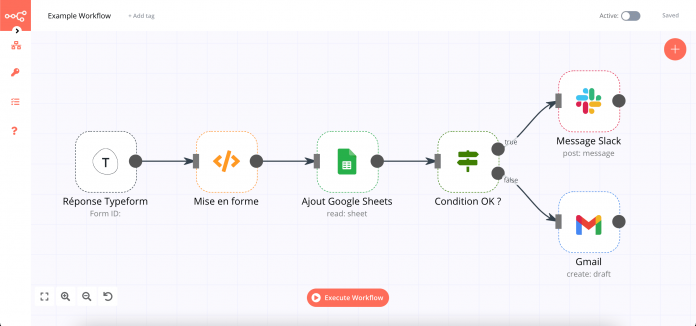Workflow automation tools are indispensable for boosting efficiency and streamlining business processes. These tools help organizations automate repetitive tasks, minimize human error, and enhance overall productivity. Here, we explore the top 5 workflow automation tools, detailing their advantages, limitations, and ideal industry applications.
4. Kissflow

Kissflow is a popular workflow automation tool designed to handle everything from simple task automation to complex project management workflows. Pros:
- User-Friendly Interface: Kissflow’s intuitive design enables even non-technical users to create and manage workflows with ease.
- Versatility: It supports a variety of processes, including project management, case management, and custom workflow applications.
- Integration Capabilities: Kissflow integrates seamlessly with a range of other platforms like Google Workspace and Microsoft Office 365.
Cons:
- Limited Customization for Complex Processes: Kissflow may not offer sufficient flexibility for more intricate or unique workflow requirements.
- Reporting Features: The platform’s reporting tools are considered less advanced than those of some competitors.
Best for Industries:
- HR and Administration: Ideal for automating HR processes such as leave requests, onboarding, and employee evaluations.
- Education: Efficiently manages admissions, faculty assignments, and student records.
3. Zapier

Zapier is a powerful tool that connects over 3,000 web apps, facilitating automation across a broad spectrum of functions without the need for custom coding. Pros:
- Wide Range of Integrations: Zapier supports connections between a vast array of web applications, from enterprise solutions to niche tools.
- Ease of Use: Users can set up automations quickly using a straightforward interface that doesn’t require any coding expertise.
- Strong Community and Support: A robust community and comprehensive documentation help users make the most of the platform.
Cons:
- Pricing: Costs can escalate as the need for more premium features and greater scale increases.
- Complex Workflows: Managing and debugging more sophisticated workflows can be challenging.
Best for Industries:
- Marketing: Automates tasks such as social media posting, email campaigns, and lead generation.
- E-Commerce: Seamlessly integrates sales platforms, payment processing, and inventory management.
2. Automate.io

Automate.io is focused on simplicity and cost-effectiveness, making it an accessible choice for small to medium-sized enterprises looking to automate their workflows. Pros:
- Simple Interface: Designed for ease of use, making it suitable for beginners.
- Good Integration Options: Offers solid integration capabilities with popular CRM, marketing, and eCommerce applications.
- Cost-effective: Provides a strong feature set at a more affordable price point compared to competitors.
Cons:
- Fewer Integrations than Zapier: Although it covers many popular applications, its integration library isn’t as extensive as Zapier’s.
- Limited Advanced Features: Not as capable in handling complex or nuanced workflows.
Best for Industries:
- Small to Medium Enterprises: Ideal for businesses that need straightforward, effective automation without a significant investment.
- Marketing and Sales: Efficiently automates repetitive tasks in sales and marketing initiatives.
1. n8n

n8n is an open-source tool that offers a node-based approach to creating workflows, enabling users to visually map out complex automation sequences. Pros:
- Flexibility: The node-based editor provides flexibility in designing customized workflows that fit specific needs.
- Open Source: Allows for extensive customization and integration with a wide array of tools and systems.
- Community Driven: Benefits from a strong, active community that contributes to its continuous development.
Cons:
- Steep Learning Curve: The node-based system can be complex and may require more technical proficiency.
- Self-Hosting Required: For full control and customization, self-hosting is necessary, which might be a challenge for less tech-savvy users.

































